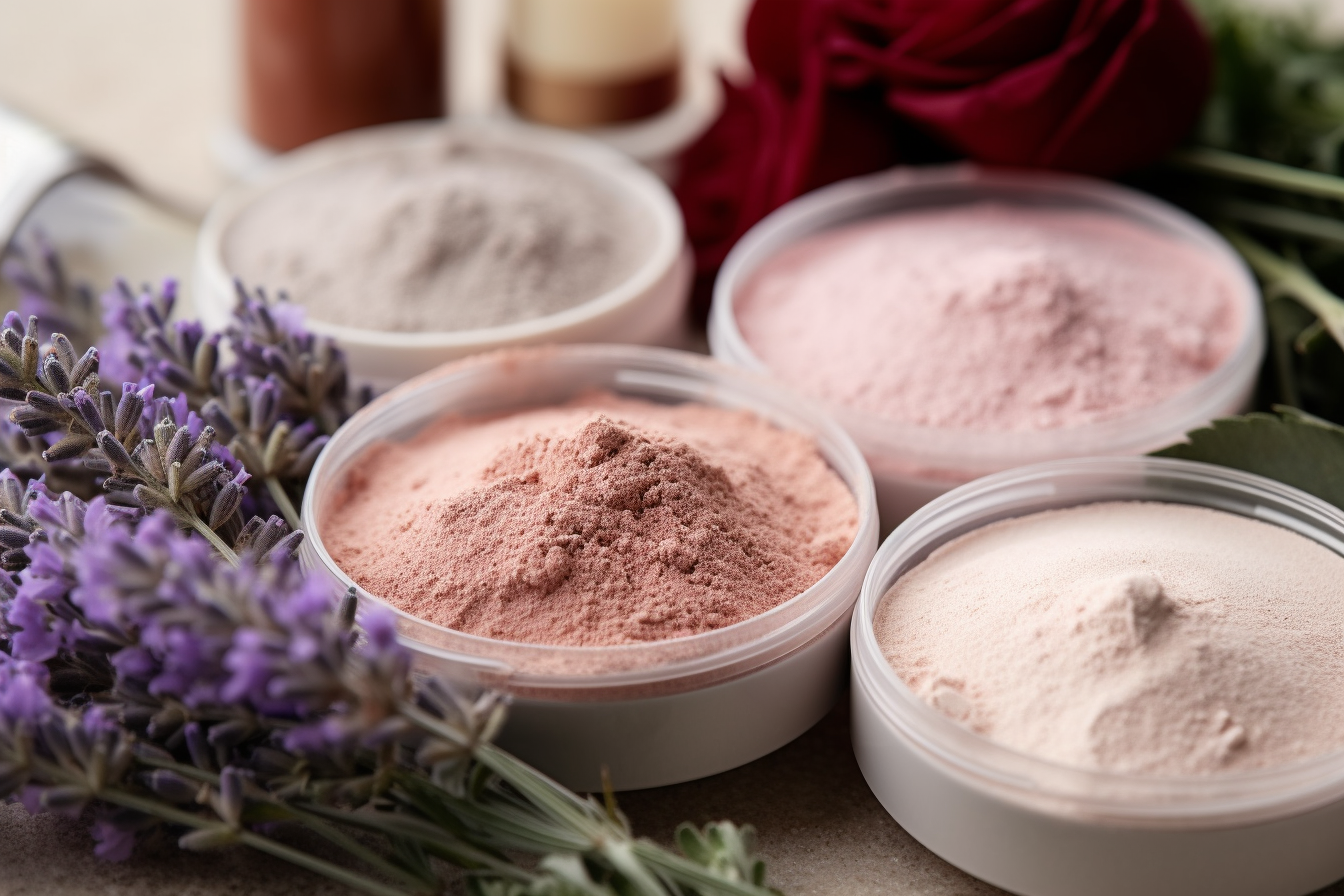Did you know that every time you use your favorite makeup or skincare product, a team of cosmetic engineers have worked to create it? The realm of cosmetic engineering is vast and complex, encompassing everything from research and development to product testing. In this article, we’ll dive deep into what cosmetic engineering entails and why it’s such a crucial part of the beauty industry.
The Role of Cosmetic Engineers
At its core, cosmetic engineering involves the design, formulation, and production of cosmetics, personal care products, and other related items. These professionals work in a variety of settings, including research labs, manufacturing plants, and even marketing departments. Their goal is to create high-quality, safe, and effective products that cater to the specific needs and preferences of consumers.
Research and Development
In order to create new and innovative products, cosmetic engineers are constantly researching and experimenting with different ingredients and formulations. This involves not only understanding the properties of each ingredient but also how they interact with one another. Chemists play an essential role in this process, as they are responsible for developing the chemical structures that make up the various components of a product.
Formulation

Once the research phase has been completed, cosmetic engineers move on to formulating the actual product. This entails combining different ingredients in precise proportions to achieve the desired texture, consistency, and performance. Additionally, engineers must take into account factors such as stability, shelf life, and safety when creating their formulations.
Manufacturing
After the formulation has been finalized, the next step is scaling up production to meet consumer demand. During this phase, cosmetic engineers are responsible for overseeing the entire manufacturing process, ensuring that the product is made to exact specifications and adhering to all necessary safety standards.
Product Testing
Before a cosmetic or personal care product can hit the shelves, it must undergo extensive testing to ensure its efficacy, safety, and quality. This typically includes stability tests, microbiological assessments, and even clinical trials in some cases. Cosmetic engineers play an essential role in this process by designing and conducting these tests and analyzing the results.
The Importance of Cosmetic Engineering for the Beauty Industry
Cosmetic engineering is an indispensable pillar of the beauty industry, as it ensures consumers have access to high-quality, safe, and effective products. But there’s more to it than just product creation – let’s take a look at some other ways in which cosmetic engineering contributes to the industry:
Innovation and Trends
Consumer preferences are constantly evolving, and it’s up to cosmetic engineers to stay on top of these trends and develop innovative products that cater to the ever-changing demands. By researching and experimenting with new ingredients, techniques, and technologies, they can create cutting-edge cosmetics that push the boundaries of the industry.
Sustainability
As concerns about environmental impact and sustainability continue to grow, the importance of eco-friendly practices in the beauty industry has never been greater. Cosmetic engineers play a crucial role in developing sustainable solutions, from using biodegradable packaging to incorporating natural and renewable ingredients into their formulations.
Regulatory Compliance
The beauty industry is subject to strict regulations regarding the safety, quality, and labeling of its products. Engineers work tirelessly to ensure that all aspects of production are compliant with these regulations, minimizing risk for both consumers and the companies producing these products.
A Day in the Life of a Cosmetic Engineer
Wondering what it’s like to be a cosmetic engineer? While the specifics can vary depending on the role and company, here is an idea of what a day in the life might look like:
- Morning: Start the day by reviewing emails and project updates. Perhaps attend a team meeting to discuss ongoing projects or address any issues that may have arisen.
- Mid-Morning: Spend time in the lab working on new formulations, testing ingredient combinations, and analyzing results.
- Afternoon: Attend meetings with other departments, such as marketing or packaging design, to collaborate on product development efforts. This could include discussing consumer trends, brainstorming ideas for new products, or reviewing feedback from testers.
- Evening: Review and analyze test results, update project documentation, and plan for the next day’s tasks.
What Can I Learn About Cosmetics Formulation Through Cosmetic Engineering?
Through cosmetic engineering, you can discover our expertise in cosmetics formulation. This field allows you to learn about the intricate science behind creating cosmetic products. From understanding the chemistry and ingredients to mastering the formulation techniques, this knowledge empowers you to innovate and develop high-quality cosmetic solutions. Unleash your creativity and explore the world of cosmetic engineering to enhance your understanding of cosmetics formulation.
How to Become a Cosmetic Engineer
If you’re interested in pursuing a career in cosmetic engineering, there are several steps you’ll need to take:
- Educational Requirements: Most cosmetic engineers hold a degree in chemical engineering, chemistry, or a related field. Some universities even offer specialized programs in cosmetic science or formulation.
- Experience: Gaining hands-on experience in the beauty industry through internships or entry-level positions is essential for building your skills and knowledge base.
- Networking: Join professional organizations, attend conferences, and connect with others in the field to build your network and stay informed about the latest industry developments.
- Continuing Education: Stay up to date with new research, trends, and technologies by attending workshops, seminars, or enrolling in advanced courses.
With hard work, dedication, and a passion for cosmetics, you can embark on an exciting and rewarding career as a cosmetic engineer. As an integral part of the beauty industry, these professionals play a crucial role in creating high-quality, safe, and effective products that consumers love and trust.
